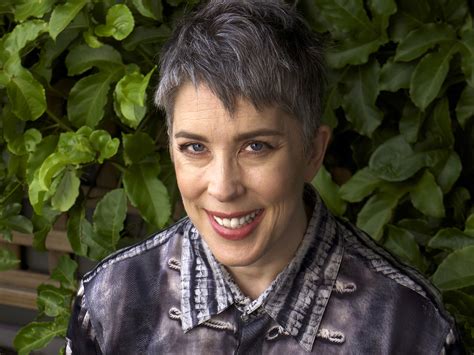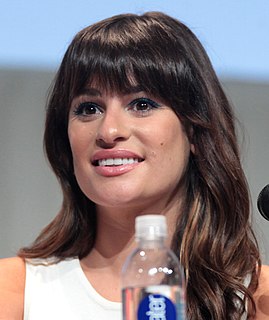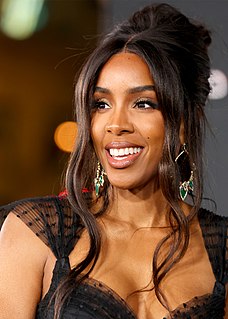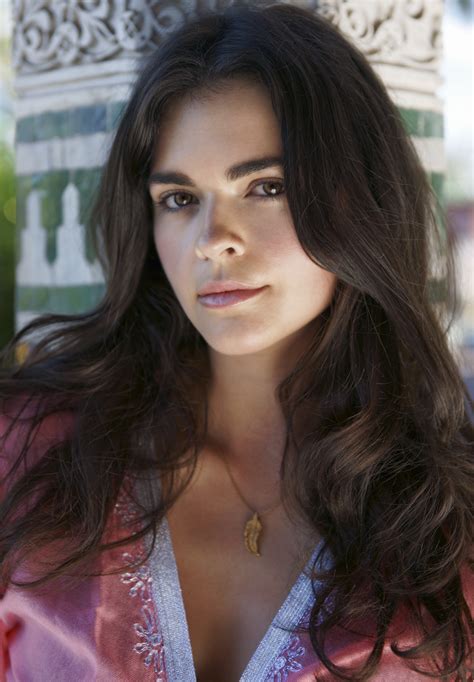A Quote by Justine Larbalestier
I'm one of those sad cases who've never wanted to be anything but a writer. I started writing my first novel when I was five years old. I have no idea what it was about, but I do remember spending considerable time trying to get the title right, though this had more to do with crayon colour than scansion.
Related Quotes
That is as true for fiction or non-fiction. The writer has to really know their subject. It is really important to remember that the readers are a lot smarter than the writer. Also, good writing has to do with rewriting. You will never get it right the first time. So you rewrite and rewrite again until you get it right. Until you, and the reader, will be able to visualize what you're writing about.
I've never wanted to be anything other than an actor. I started performing on Broadway when I was 8 years old. My first night on stage, I told my mom, "This is what I want to do. I was always a very out-there kid. The sad thing about acting business is it's so fleeting. If I couldn't do that, I was going to go to school and study law and become a lawyer. But I probably would have been miserable, or they would have had some very theatrical court sessions.
The very first idea I ever had about making a film... my first thought about ever being a filmmaker was when I was sixteen years old and I wanted to make a Viking movie. And I wanted to make it in old Norse, which I was studying at the time. It's odd because at that age that's a stupidly ridiculous idea 'cause how will I ever be a filmmaker.
Now, as a reader, you shouldn't feel the decisions the writer makes about this DNA, or it would be boring beyond belief. But, as a writer, you're struggling to make these decisions. What should the title be? What's the first line? The point of view? And the struggle with the decisions is because you're trying to figure out WHAT IS THE NOVEL, WHAT IS THE NOVEL?
In the case of my second film The Fish Child (El Niño Pez), I had written the novel about 5 years before I made into a film. In the case of The German Doctor I had published the novel a year before I started writing the script, I even had another project to shoot. But I had this idea of the powerful cinematic language from the novel that I couldn't let go of.
When I was younger, I definitely thought musical theater was sort of more pure than film. I used to say I'd never go to film because we had to get it right the first time in musical theater. But then, of course, I started doing film and realized I loved it. Keep in mind that I was 8 years old when I said that.
Marrying the right girl is even more imperative today than it was when I was 23 years old because it's so much harder to get on as an imaginative writer like me now. You need to have somebody who believes in what you're doing and who never is skeptical about what you're doing. My wife thought it was a great thing for me to be a writer because in practical terms it freed her to do what she wanted to do, which was work.
I hesitate to say yes - I had writer's block, because I know there are people who've had really serious cases of it, and I've never been paralyzed like that, but I definitely get blocked sometimes. More than periods where I don't write anything, I have periods where I just write junk and I know I'm writing junk but I can't stop.
There are innumerable writing problems in an extended work. One book took a little more than six years. You, the writer, change in six years. The life around you changes. Your family changes. They grow up. They move away. The world is changing. You're also learning more about the subject. By the time you're writing the last chapters of the book, you know much more than you did when you started at the beginning.






































